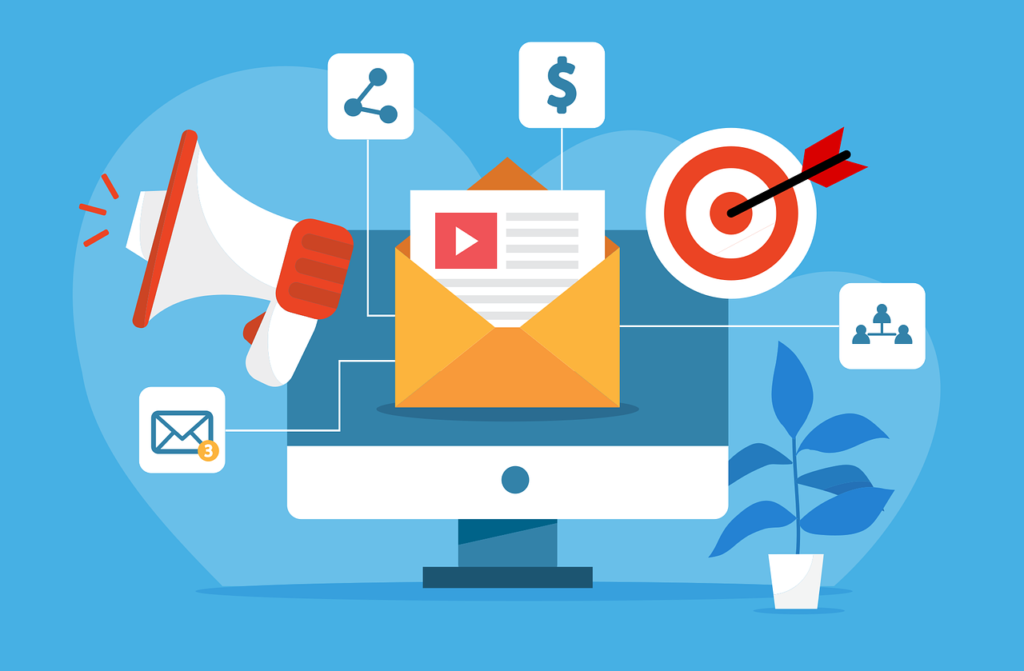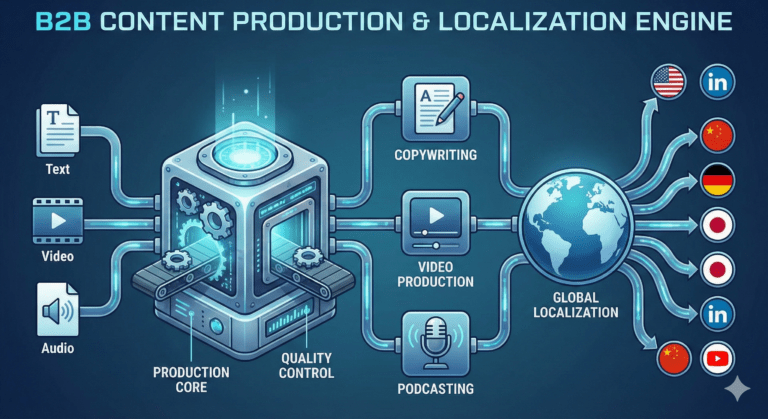
Introduction: The Digital Marketing Struggle for Small Businesses
For small businesses, digital marketing is a powerful tool to attract customers, build brand awareness, and drive sales. Unlike traditional marketing, it offers flexibility and scalability—but only if done right. Many small business owners feel overwhelmed by the complexity of online marketing, leading to wasted budgets and missed opportunities. In this guide, we’ll break down the biggest marketing challenges for small businesses and provide proven solutions to help you succeed.
Key Challenges in Digital Marketing for Small Businesses
1. Limited Budgets & Resources
Small businesses often compete with larger companies that have bigger marketing budgets. Without strategic spending, they risk getting lost in the noise.
Solution:
- Focus on high-impact, low-cost strategies like local SEO for small businesses and email marketing.
- Use paid search strategies for small businesses (Google Ads, Facebook Ads) with precise targeting to maximize ROI.
Example: A local bakery could run hyper-targeted Facebook ads to nearby customers instead of broad, expensive campaigns.
2. Lack of Marketing Expertise
Many small business owners juggle multiple roles and lack deep knowledge of SEO, content marketing, or lead generation.
Solution:
- Invest in free or affordable training (Google Digital Garage, HubSpot Academy).
- Consider hiring a digital marketing agency for small businesses to fill skill gaps.
Related: Best Marketing Automation Tools for Small Businesses
3. Time Constraints
Marketing often takes a backseat to daily operations, leading to inconsistent efforts.
Solution:
- Automate repetitive tasks with marketing automation for small businesses (e.g., email sequences, social media scheduling).
- Dedicate at least 5-10 hours per week to marketing efforts.
4. Poor Tracking & Strategy
Many small businesses don’t measure performance, leading to wasted efforts.
Solution:
- Set up Google Analytics and social media insights to track key metrics.
- Focus on long-term growth strategies (SEO, content marketing) rather than quick fixes.
Common Misconceptions About Digital Marketing
“Results Should Be Instant”
- Reality: SEO for small businesses takes 3-6 months to show results, while paid ads can generate leads faster.
“Posting Randomly on Social Media is Enough”
- Reality: Social media marketing for B2B requires a structured plan—consistent posting, engagement, and paid promotions.
“Digital Marketing is Too Expensive”
- Reality: With smart budgeting (e.g., local SEO, email marketing), small businesses can compete effectively.
How to Build a Winning Small Business Marketing Strategy
1. Define Clear Goals
- Increase website traffic? Generate leads? Boost sales? Set SMART goals.
2. Focus on High-Impact Channels
- SEO for small businesses (long-term growth)
- Paid search & social ads (short-term leads)
- Email marketing for small businesses (high ROI)
3. Leverage Local SEO
- Optimize Google My Business, gather reviews, and target location-based keywords.
4. Outsource to Experts
A digital marketing agency for small businesses can provide expertise without the cost of a full-time hire.
Related: How to Choose the Right Marketing Agency
Final Thoughts: Patience & Consistency Win
Digital marketing for small businesses isn’t about quick fixes—it’s about strategic, long-term growth. By focusing on the right channels, tracking performance, and staying consistent, even small budgets can yield big results.
Need expert help? Explore B2B service marketplaces like Mayple to find vetted marketing professionals tailored to your needs.
By implementing these strategies, small businesses can overcome common challenges and thrive in the digital space. 🚀
We at Myb2bnetwork https://myb2bnetwork.com/, Cover all your needs!





[…] their global client base through targeted network digital marketing and b2b social network […]
[…] Public Relations: A successful pitch can generate media attention, helping startups build brand awareness and attract customers. […]